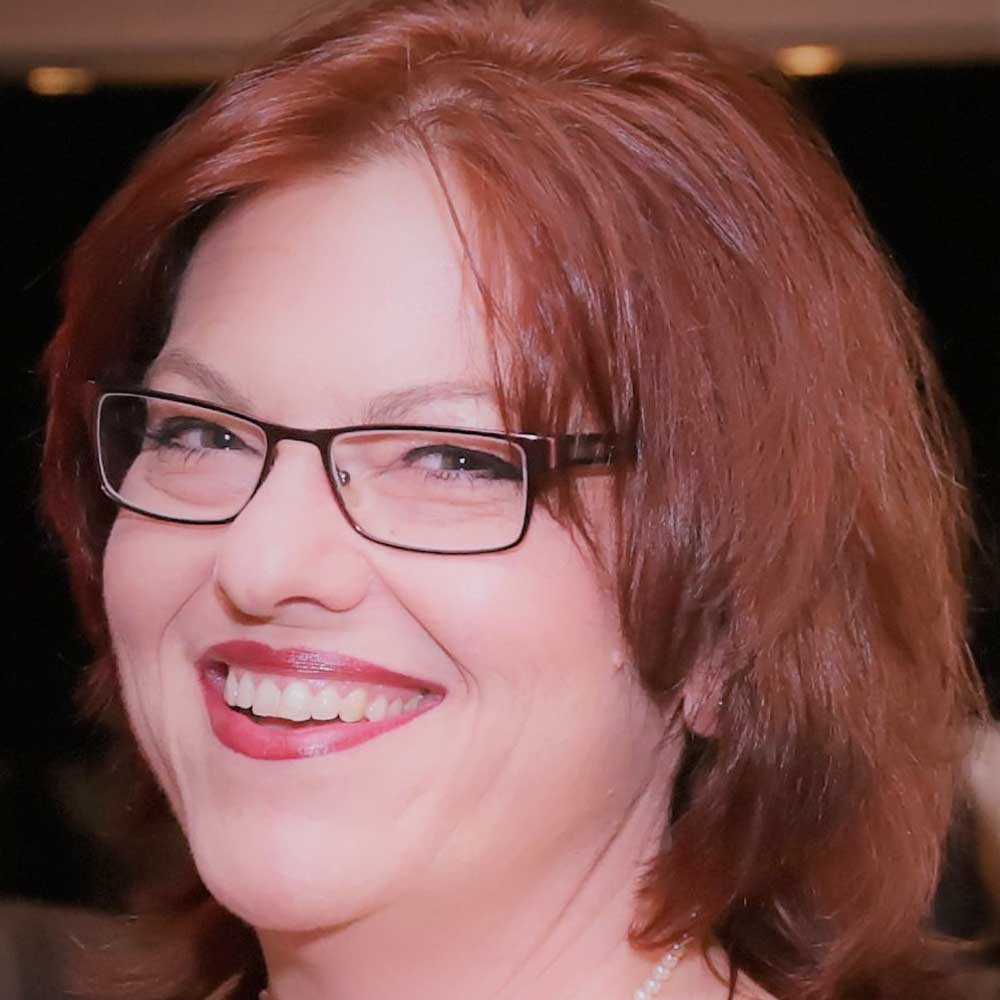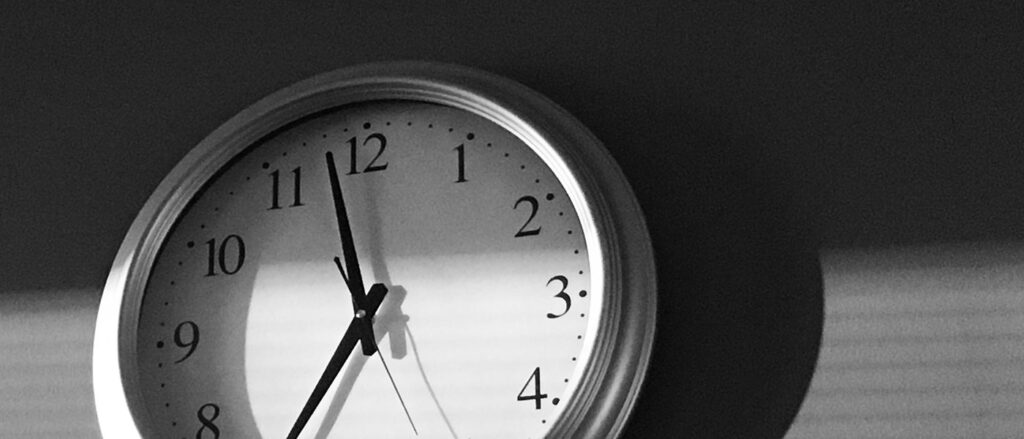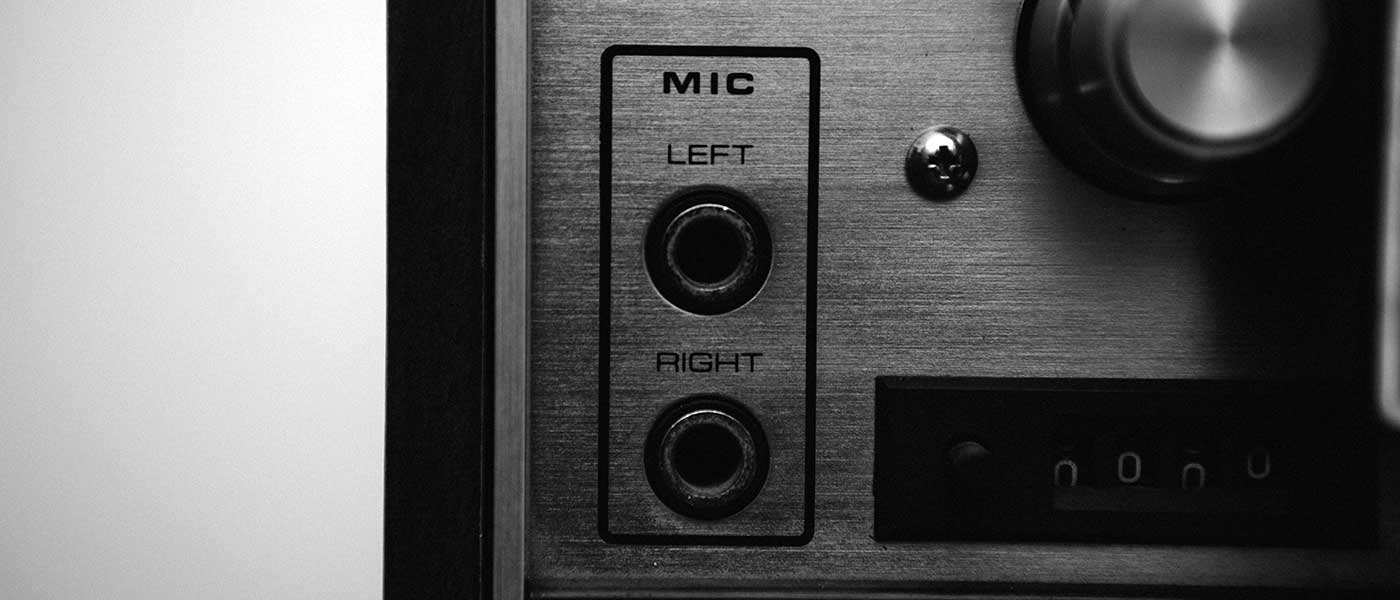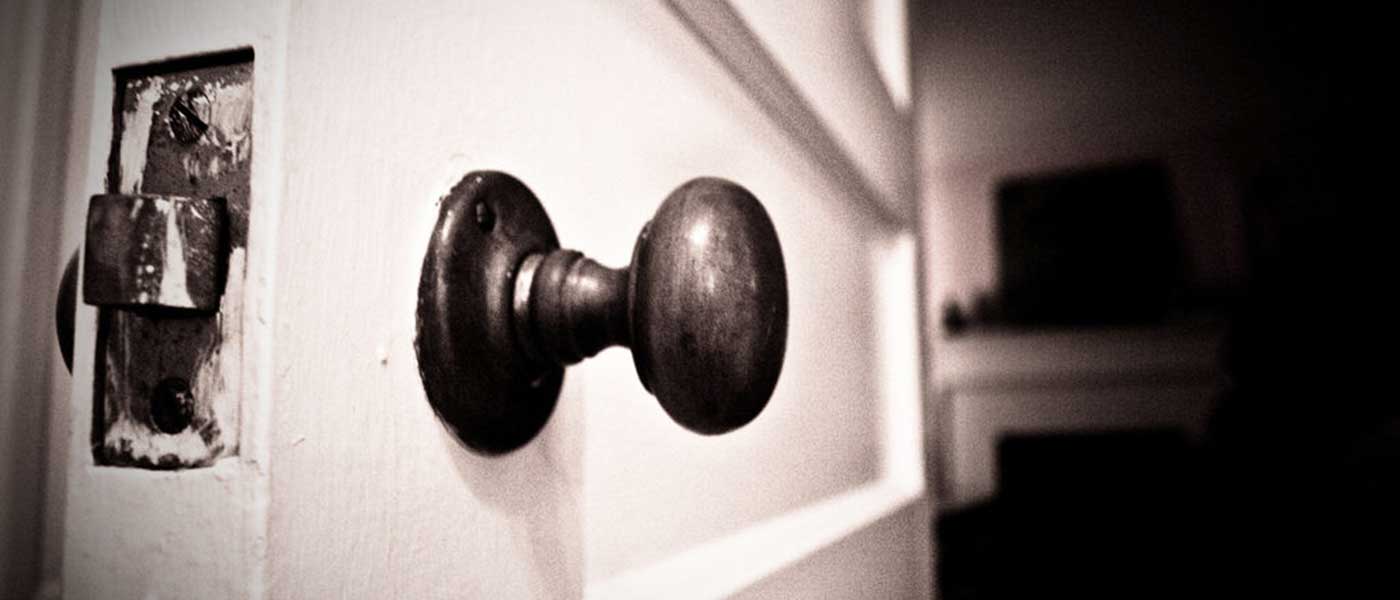I am my father’s pusher. Just this once, tonight.
Mash the button.
Dad is barely snoring. I am glad he’s asleep. It is eleven forty-seven. That means the next time I mash the button it will be eleven fifty. I find myself wishing that the second hand on the hospital room clock was a sweeping motion instead of an incessant tick. The lurch forward and gentle correction back, every second, is a constant reminder that life is not smooth, that time lurches and jerks us forward, regardless. It’s hospital-cold in here and I’m freezing. I’ll wait until the next button mash on the pain pump, then look for a blanket. Mash. Mash. Mash. I start saying the word over and over in my head, until it stops making sense. Until it’s just sound. Only noise. Mash. Mash. Mash. Maasssssshhhhhh. It is eleven fifty.
Mash the button.
I know that if Dad was awake he would laugh at me as I monologued for him about the word “mash.” It’s a word I don’t even use, outside of the world of cooking. I press buttons. And my luck. Mash is wholly and decidedly my father’s word. He mashes buttons on a phone. He mashes the remote. He mashes doorbells. I’m not sure, thinking about it, whether he’s ever even been pressed for time or if he’s mashed for that, too. Then, time was never what seemed to pressure Dad. Money, sure. Health, you bet. Work, sometimes. But time, thinking about my father, is something that never had strict rules. When you’re a taxi driver, especially a late-night driver, the clock’s face looks at you differently, and you it. Midnight doesn’t scowl at you the same way it scowls at mail carriers and bakers. Your bedtime is someone else’s morning, your life lived always in eclipse.
One of my clearest childhood memories of Dad is waking up in his tiny studio apartment in the middle of the night. It was shortly after he and Mom had split, and I was spending the night with him. When I woke, he hadn’t yet been to sleep and the television was still on. He said something that made me laugh, I remember. And then I was awake, not sleepy. So he made us a hamburger. A hamburger in the middle of the night didn’t make sense to me as an eleven-year old, but I knew that this strange ritual of feasting while others slumbered was a part of his world. It made sense to him. And I wanted to understand. Plus, Dad made a mean burger, even when served on white bread.
Eleven fifty-three.
Mash the button.
Okay, where’s a blanket? There’s always an extra somewhere. Thank God this is a private room. I wonder how he ranked this. I glance up at the jumpy clock every few seconds, hoping I don’t wake him as I root around in the room, then the tiny closet where eventually I find the blanket. I see his shirt hanging there, and his brown dress pants, and suddenly I’m thinking about the last time I was in the hospital with Dad.
I was in Alabama, in an Emergency Room, and Dad was asking me to hand him the bottle of pills from his pants pocket, across the room. I was twenty-one years old, and I knew better, but I didn’t talk back to my father, so I did what I was told. I reached into the pocket of his brown Sansabelt pants and pulled out the surprisingly large bottle, full of horse-sized, oblong pink caplets. He was lying there, still on an ER gurney, and after I handed him the pills I asked him what they were. “Percocet,” He replied. “But,” I said, “the pain. It could matter. If it’s your spleen. . . They need to know.” He took several pills, five or six — what looked like a handful — gulping them down with water right out of the plastic hospital pitcher, before he told me “I’ll be fine, Suzy.” I wasn’t so sure.
And, now, years later at eleven fifty-six, I am again less than sure.
Mash the button.
Stretching a little feels good, as I wrap the woven cotton blanket around my shoulders, spanning wide like a phoenix, returning to my duties. I got here just after nine. Dad had been awake then, and my stepmother Wilma was here. She looked so tired when she left, relieved to go sleep in a real bed tonight. She has become, somehow, just the right wife for him. She moves at his speed — country speed — unlike my mother, who had more “city” in her than Dad ever did. I never understood the mechanics of he and Mom, once I got to know them both. They’d been young and beautiful, and did, I suppose, what so many young men and women did — they shot for the moon. Aiming high, they missed the mark and instead got a mortgage, maxed-out Sears cards, too many kids all at once, the stress of the American dream, and a couple of addictions to boot.
Keeping my fingers wrapped in the blanket, I stretch my arms up, high. “Bend and stretch, reach for the stars.” Miss June sang that. I sang along with her on Romper Room, the children’s fun-and-learning program franchised by our local TV station. At the time, it seemed very, very important to have been selected as part of such a promising panel of choice youngsters. My parents had been so proud. I was their second child to grace the Romper Room screen. My one-week tenure on the show was rewarded, daily, by a Charms Blow-Pop, and the knowledge that I was a Do-Bee, not a Don’t-Bee.
Mash the button.
I think about the trip to the TV studios, out near the Gandy Bridge. I was five and it seemed So. Far. Away. Miles and miles of mangroves and palmettos. Endless lengths of telephone wires stretched overhead until the big city of Tampa was on the horizon and the air smelled of salt. Now, compared even to Atlanta, Tampa looks small. And flat. And so different than I remember. I remember Ybor City’s cigar factories and antique shops, the turrets of The University of Tampa, the winding waterfront. On the way in tonight, all I saw were strip clubs, strip malls, and fast food. I’m sure they’ve always been there, but then I start thinking about what always really means. It seems like I was “just” in town, but I’m beginning to understand how relative that is. Everything about time is relative, because right now I think I’ve been mashing this button forever. Happy Midnight. And twelve-oh-one.
Mash the button.
He looks small when he sleeps. Dad never looked small. But he’s older. His hairline was leaving him by his late twenties/early thirties — pretty much from the time I start to remember his face. But it’s farther gone now. And he’s lost weight. His cheeks look slack. I guess that’s a good thing. He’s not round anymore. He’s pale. But. Stiff upper lip. Tears won’t change what is, and it’s going to be a long night. I just never expected to mete it out in such small slices. He looked so tired when I got here. Post-surgical, and a recovering opioid addict, he was allowed only the tiniest doses, administered “on demand.” The maximum frequency? Every three minutes.
Mash the button.
When I arrived earlier tonight, Dad told me he wasn’t sleeping more than fifteen minutes at a time because the pain kept waking him. Wilma had seemed to agree that Dad needed the rest and hadn’t been sleeping, but she was quiet about what to do. Too many years of living with an addict slathers thick, slippery layers of uncertainty on the foundation of even the most solid relationship. Opioid addicts think they have pain. They do have pain. The trouble, always, is determining how much of that pain is physical. One can never be sure; addicts have a broad-sweeping reputation for being willing to lie to get what they want. Still, I was compelled to believe, to help. Think what you will about an addict, but not every word they say is a lie. And, he’s my father. Slippery or not. Right or wrong.
Yesterday, the surgeons had spent hours untwisting his gut and then sewing him back up again. Dad’s entire abdominal cavity had been opened as they worked to remove disintegrated surgical mesh placed there over a decade ago after a different abdominal surgery. At the time, the mesh was supposed to “hold things in place” as Dad healed. Now, however, the mesh wasn’t mesh. It was serpentine ropes, lariats tethering his bowels. I’m sure it all hurts like hell. So, I’ll dutifully sit here, watching a clock and counting the minutes to let Dad sleep tonight. I know for a fact that sleep heals.
Mash the button.
I remember a time when I was post-surgical, and Dad was there in my hospital room, asleep in the chair just next to my bed. February of 1979. Roller skates had left me with a badly broken ankle that required pins in order to heal properly. As I came around, I noticed that my hand was swollen to what I could only relate to “the Michelin Man.” The alien appendage scared me, and I called out to Dad. He woke, and before calling a nurse, he sprang into action, removing the IV needle from my hand. I was amazed, in awe that he had somehow known that the IV had exited the vein, started to infiltrate my tissue, and ultimately was not the end of the world. But how did he know that? I wouldn’t understand for years how well he’d understood needles when his prescription drug habit had him in a stranglehold. I hadn’t known, for years, that the health issues he’d faced in my childhood were not only because of his old job as a ticket agent for the bus lines. The problems, and resulting surgeries, were not simply because he’d hurt himself lifting suitcases. They were also simply because he’d hurt himself. Abscesses. From needles. From prescription drug injections. Twelve ten.
Mash the button.
And here we are. Slumbering Dad and me. His pusher du jour. I have been awake since four o’clock in the morning, I have driven from Atlanta — an eight hour drive that took eleven hours in this rain — and I am goofy tired, and a little sad to be a pusher. For my father. I know he needs sleep. That I know like my alphabet. The doctors wrote this prescription. Right or wrong, this behavior, the programmable pain pump and my tri-minute assistance, although not sanctioned, is not illegal. And my chest is tight again. As tight as when I handed him a bottle of Percocet and prayed he would not bleed to death internally.
I will prove myself to be a dedicated child, though I do not know the most responsible way to do that. Perhaps Dad did not know the most responsible way to be a parent. Or he did, but could not. Inside, Dad was still just a big kid. That’s why he was a great little league baseball coach for my brothers when they were young, and a great cheerleader for my every artistic endeavor. He loved to have a good time and he made fun happen, money or no. Nevertheless, a house, a rapidly growing family and never-ending money problems were a heavy load. Each year they became harder to bear without a larger and larger crutch. In order to cope, he needed escape. He had to balance the demand with something. As an adult, I understand more now that life sometimes operates in extremes.
Mash the button.
Tonight, I help him escape. I am in Tampa, not in Alabama, not in the past, and not sleeping soundly in my bed in Atlanta. Outside the window palms are swaying in a steady storm. I will get up and look at them, I resolve, every five mashes. To stay awake. To keep the blood flowing. I will stretch my arms above me, like the hands of the clock on the wall, to swat away the thick-as-thieves memories of the things that steal family away. Tonight, I am a sentinel and, alert, I will lurch forward through each memory, and gently correct back, second by second. My father is sleeping, and I will fend off his pain to prove that I love him. Every three minutes.




